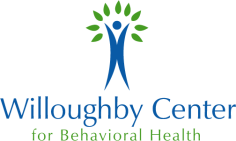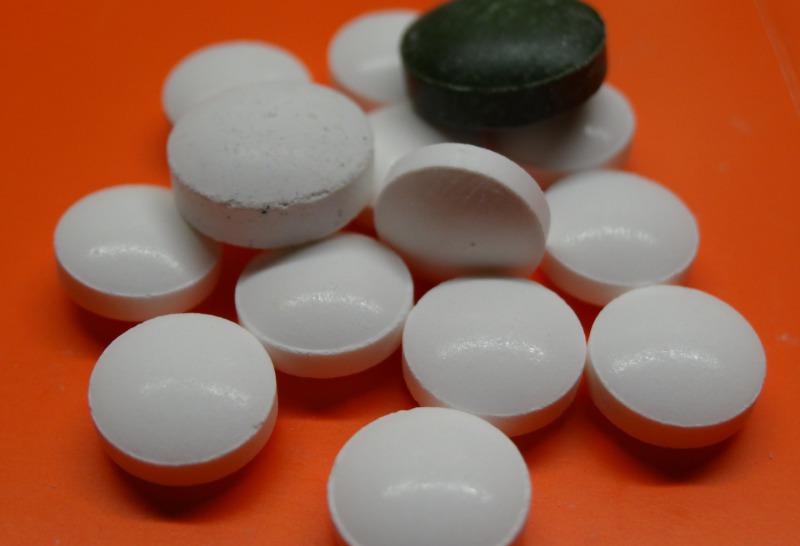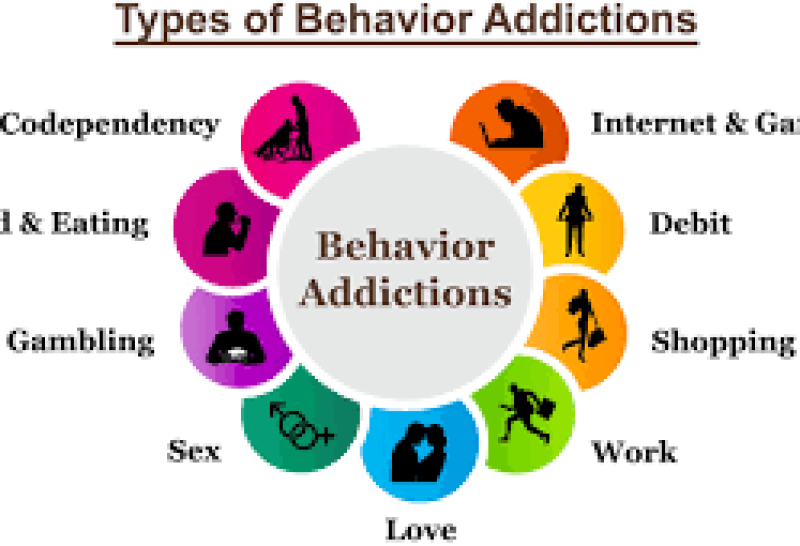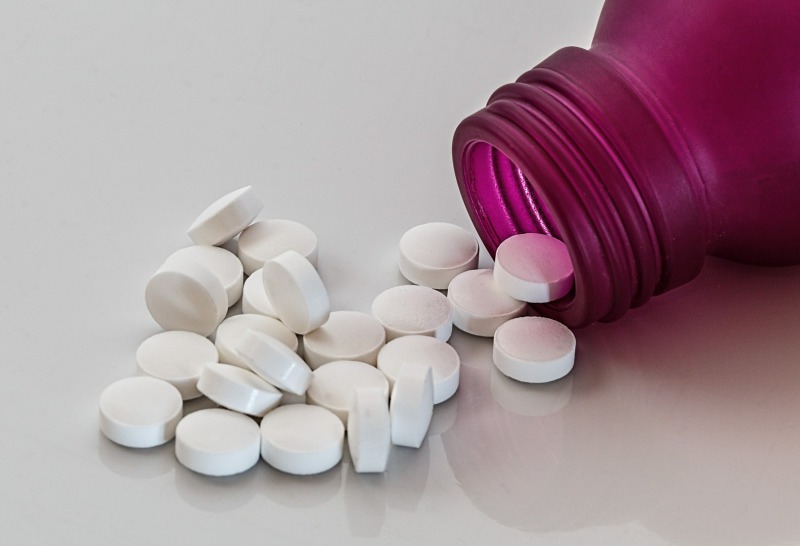What Are the Different Types of Addiction?
Explore the various addiction types
Drug Addiction
Drugs are addictive substances that change the way the body — the brain in particular — handles communication and processes information. Long-term drug use causes physical changes in the brain that lead to a substance use disorder. Different drugs affect the body differently.
Stimulants, such as tobacco, cocaine or prescription amphetamines, stimulate the brain and nervous system, causing increased alertness. Depressants, such as barbiturates and benzodiazepines, slow activity in the brain and nervous system, causing relaxation. Hallucinogens, such as LSD and PCP, drastically disrupt the way the brain and nervous system communicate, causing hallucinations.
Behavioral Addiction
As with drugs, certain behaviors cause brief feelings of happiness or euphoria. However, some long-term behaviors cause a person to lose control of their actions. People suffering from these addictions experience symptoms similar to those of drug addicts, including cravings, tolerance, withdrawal and relapse.
Alcohol Addiction
Alcohol addiction is often referred to as alcoholism or an alcohol use disorder. It’s one of the most common addictions in the United States, with an estimated 16.6 million suffering from the disease. Alcohol addiction occurs when regular, excess drinking causes harm or distress.
Types of problem drinking include:
ALCOHOL DEPENDENCY AND ALCOHOL ABUSE
Once categorized as separate disorders, now commonly referred to as an alcohol use disorder.
BINGE DRINKING
Occurs when an individual consumes a high amount of alcohol, between four and five drinks, in a single day.
HEAVY DRINKING
Occurs when an individual consumes five or more drinks on five different occasions in a single month.
Illicit Drug Addiction
Illicit drugs are outlawed substances consumed by individuals trying to obtain a high, altered perception of reality or feelings of relaxation and happiness. The drugs cause desired short-term disruptions in the brain, but they also cause undesirable long-term changes to the brain and other vital organs in the body, leading to drug addiction.
These include:
- Marijuana
- Heroin
- Cocaine/crack
- Synthetic drugs such as bath salts and spice
Prescription Drug Addiction
Prescription drugs are approved medications used to treat symptoms of diseases and other medical conditions. Even when used as prescribed, they can cause physical changes that can lead to addiction. When they’re used in any way other than as prescribed by a doctor, the likelihood of prescription drug addiction drastically increases.
Common drugs that cause prescription drug addiction include:
- Opioids, including oxycodone and hydrocodone.
- Benzodiazepines, such as Xanax and Valium.
- Amphetamines, such as Adderall and Ritalin.
- Sedatives, including Ambien and Lunesta.
Substance Abuse and Suicide: A Guide to Understanding the Connection and Reducing Risk
Alcohol and drug abuse are among the leading risk factors for suicide. People with substance use disorders may experience hopelessness and suicidal thoughts, but treatment for addiction has helped people find purpose and happiness in life. More.....






